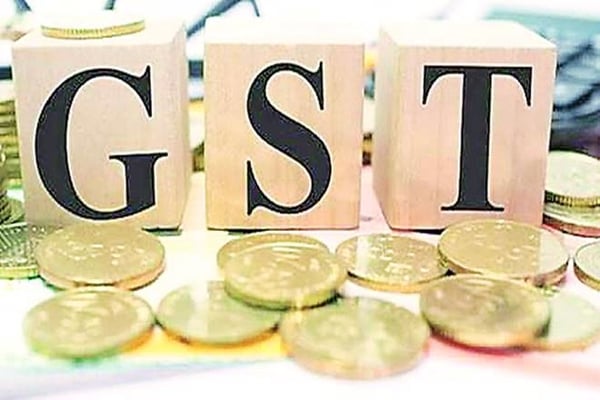SBI Alert: SBI Account holder’s account will be closed if their KYC is not done as per the Instructions. Those who have not completed the KYC must complete it by tomorrow itself. SBI has sent the SMS to all their Bank Account Holders to notify the last date of KYC as of 28 February 2020, else they will not be able to do online transaction. In recent years, banks have been more vigilant in keeping records updated and they call for many rounds of KYC (Know Your Customer).
Additionally, SBI has also stated in the public notice that the customers who fail to complete one’s KYC (Know Your Customer) or submit their documents before 28.02.2020 will have their bank accounts with SBI froze. The SBI is also sending text messages and e-mails to such SBI accountholders whose KYC is complete. Hence, if you are SBI account holder and have received such a mail or text message on your mobile phone, you are advised not to ignore this SBI communication as you have still around a week in your hand.
Know-How to update SBI KYC?
Customers have to visit the SBI branch near them and provide a copy of any of the addresses and identity (ID) proof that is accepted for the KYC update. The SBI net banking users can do their KYC online also.
SBI is accepting these to be valid id proofs:
- Voter ID
- Passport
- Driving license
- MNREGA CARD
- Identity Card issued by India Post
- Telephone
- Pension pay order
- Electricity Bill
- Bank Passbook with photo
- Ration Card
- Sale deed/ Lease agreement
- Aadhaar Card
- PAN Card
According to the guidelines issued by the RBI, thus the bank has to update their KYC after a certain amount of time and the notice is to tell the customers that their KYC is due.
According to the RBI norms, if the KYC is not updated, the offending banks may receive a huge penalty.
Change in rules by the RBI:
Reserve Bank of India has now allowed banks to carry out KYC via a video-based process. This process is PAN or Aadhaar card linked process. Bank officials will finalize the KYC based on questions pertaining to Aadhaar or PAN card.
For complete information, visit State Bank of India and Reserve Bank of India’s official websites.











